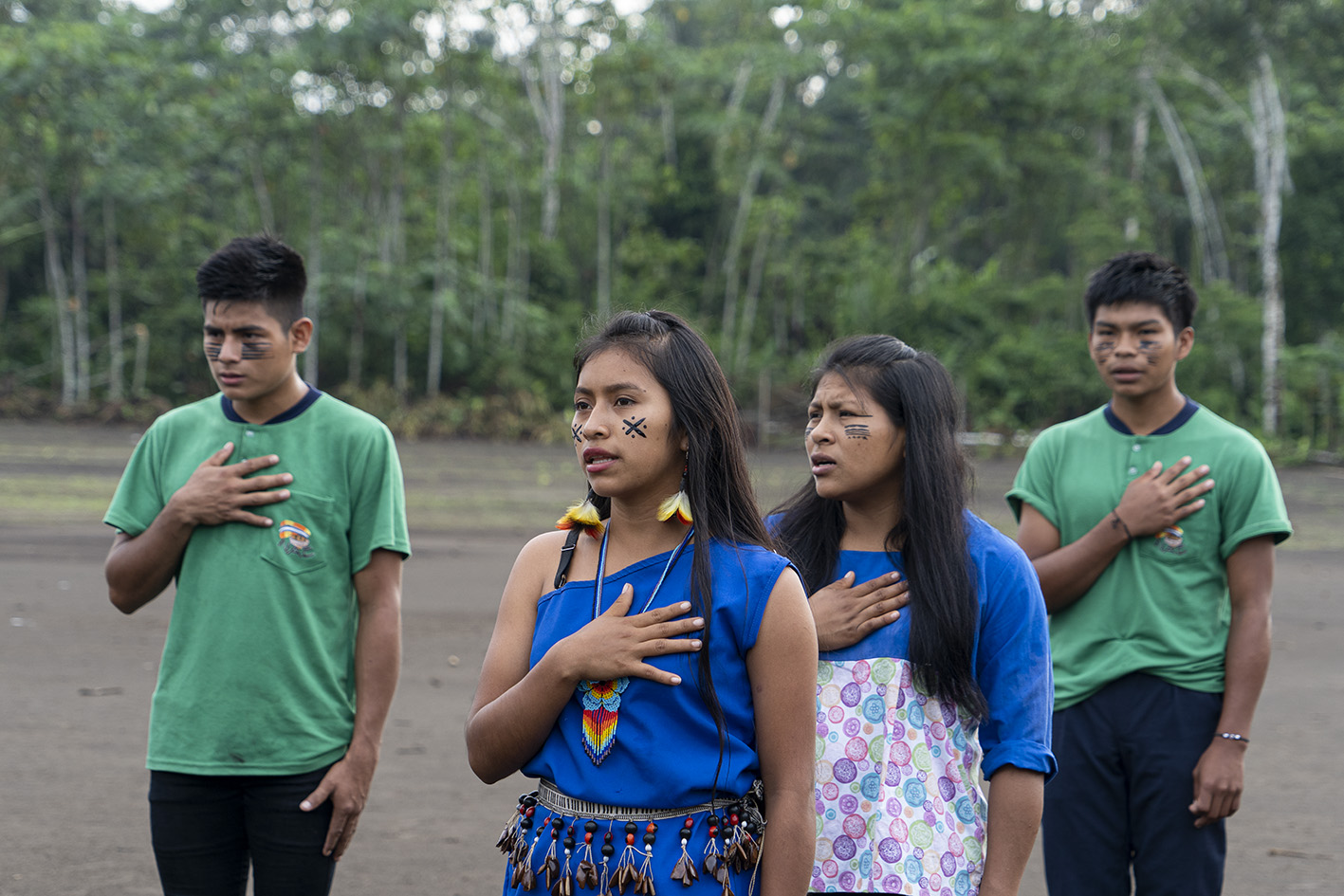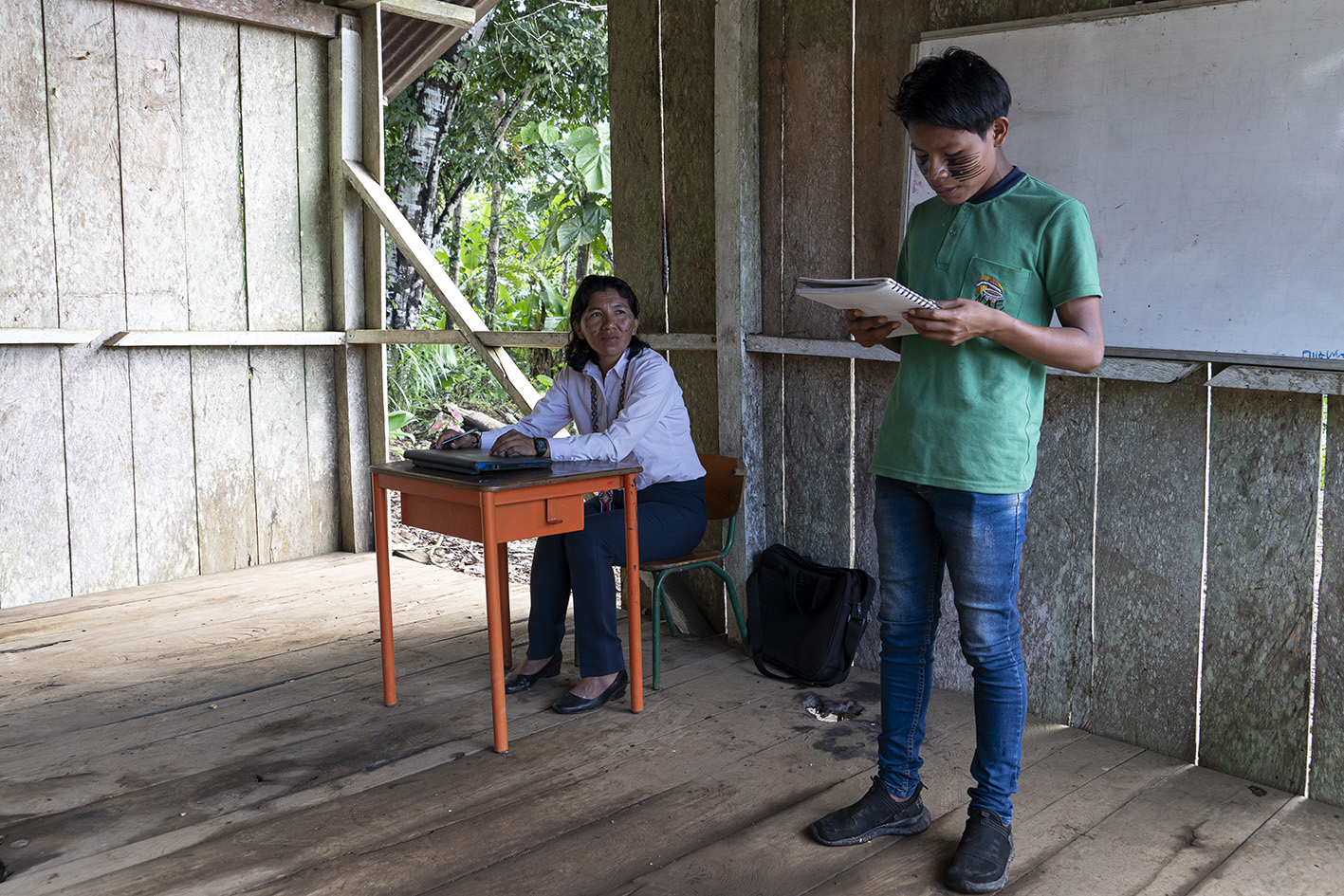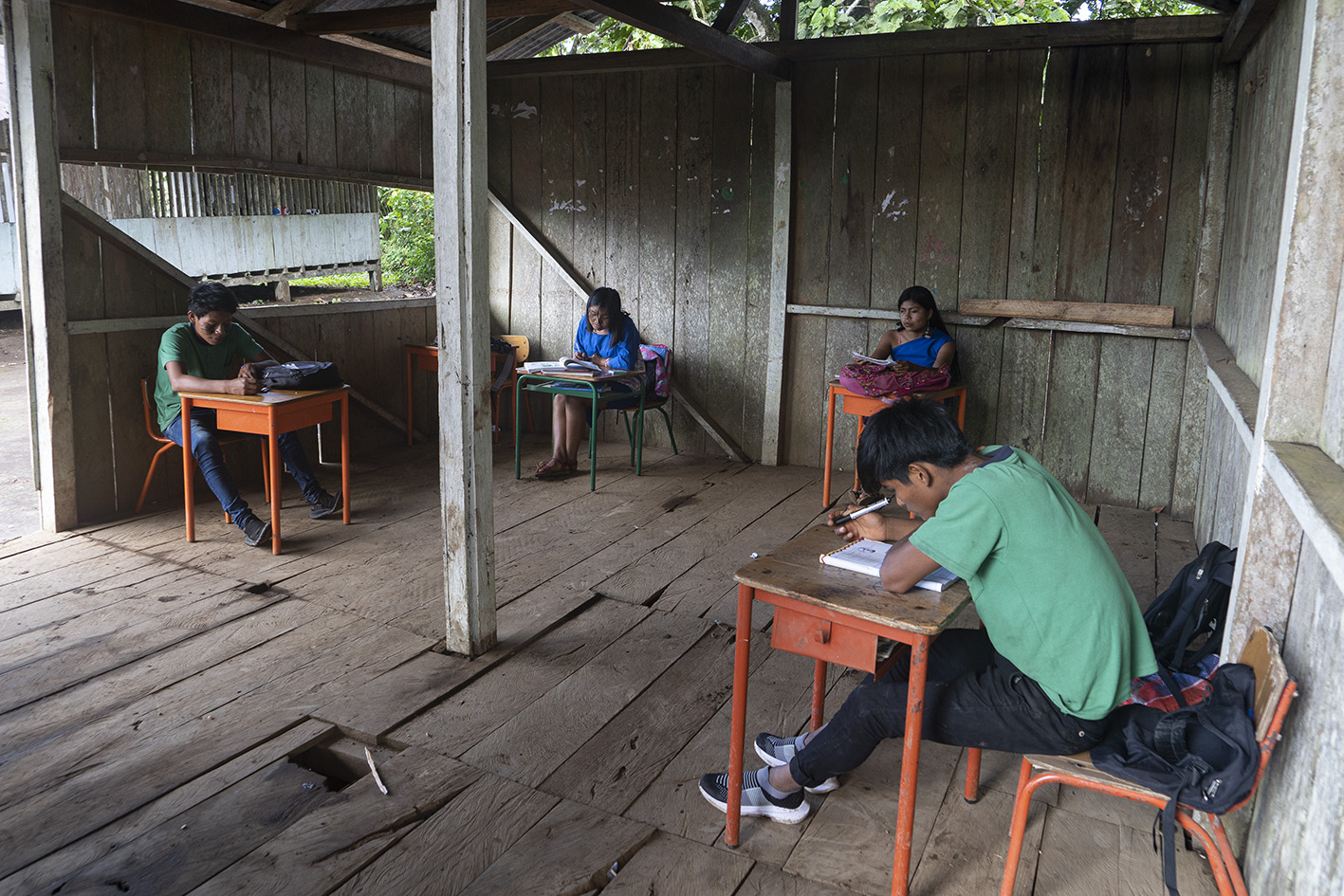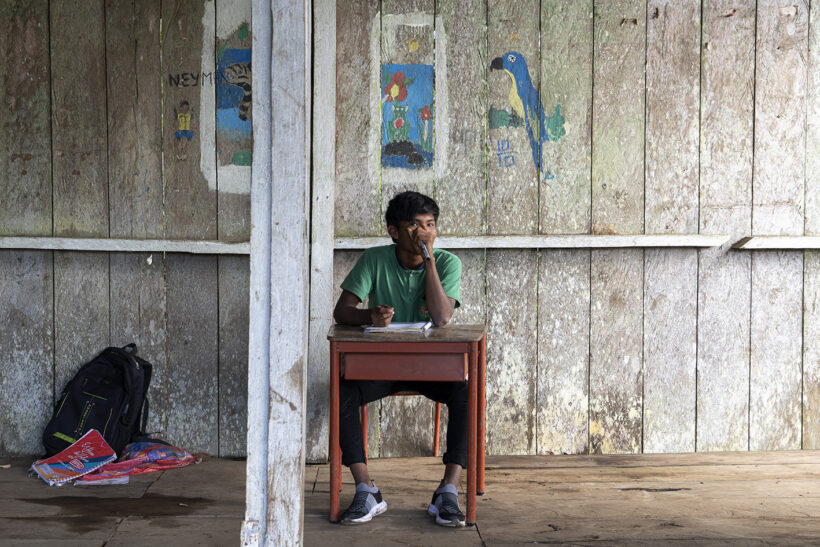Statement at the UN supports free education from pre-school to secondary school level
This week at the United Nations Human Rights Council, more than 70 countries from all regions of the world expressed their support for “efforts to strengthen the right to education, including the explicit right to free full secondary education and at least one year of free pre-school education”.
Luxembourg and the Dominican Republic spearheaded the statement of support.
Brazil went even further, calling on “all States to consider adopting a new international legal instrument to formally recognise the right of every child to at least one year of preschool education and to a quality public secondary education that is inclusive and free”.

Why was such a declaration necessary? For a start, the UN Convention on the Rights of the Child – the most widely ratified international human rights treaty – contains no explicit reference to early childhood education, and while it requires free and compulsory primary education, it does not explicitly oblige governments to provide free secondary or pre-school education for all children. But for children to reach their full potential and thrive in today’s world, free primary education is simply not enough.

 At an event the day before, Sierra Leone’s Minister of Education, David Moinina Sengeh, explained in a video presentation that in 2018, the country directed an initiative to abolish school fees and examination fees, and that this increased the number of children enrolled in school by more than 1 million. This year, Sierra Leone put those changes into law and guaranteed 13 years of free education, from pre-school to secondary level.
At an event the day before, Sierra Leone’s Minister of Education, David Moinina Sengeh, explained in a video presentation that in 2018, the country directed an initiative to abolish school fees and examination fees, and that this increased the number of children enrolled in school by more than 1 million. This year, Sierra Leone put those changes into law and guaranteed 13 years of free education, from pre-school to secondary level.
It is not only governments that are requesting that international law on free education be strengthened; human rights activists and specialists, Nobel laureates and, through an open letter from the global civic movement Avaaz, more than half a million people around the world are making a similar demand.
Human Rights Watch’s analysis suggests that the most effective way to strengthen international law on the right to education would be to adopt a fourth optional protocol to the Convention on the Rights of the Child.
Lucia Fry, research and policy director of the Malala Fund, asked her the rhetorical question of whether expanding the international legal framework would solve all the problems.
To that question, she replied “no”, but listed three things it would:
It would be another pillar in the scaffolding that supports the global norm that all children should have an education. It would be a sign of support for girls “fighting to open the doors of learning for all. And it would be an invaluable tool for children, parents, activists and policymakers to use in the fight for the right to free education for all.
Bede Sheppard, Deputy Director, Children’s Rights Division






